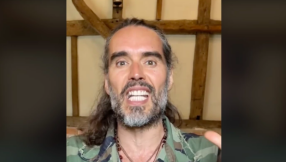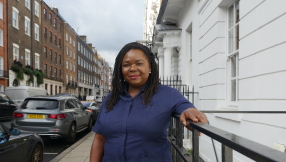The nephew of bishop Yohanna Ibrahim, one of the two archbishops kidnapped in Syria a week ago, said he hopes Syrian Christians will not use the incident as an incentive to flee the country.
Bishop Ibrahim, head of the Syriac Orthodox Church in Aleppo, was kidnapped last Monday, alongside his counterpart from the Greek Orthodox Church, Bishop Boulos Yaziji, close to the Turkish border.The driver of the vehicle, Fathallah Kaboud, was killed.
Kaboud had been the personal chauffeur of bishop Ibrahim for a number of years. He leaves behind a wife and two children.
Reports on Tuesday claimed the bishops had been released, but these were later refuted by church officials.
This latest kidnapping comes a week after bishop Ibrahim told the BBC that there has been no targeting of Christians in Syria during the rebel uprising. Yet on April 17, Greek Melkite Catholic Patriarch Gregory III Laham told the press that more than 1,000 Syrian Christians have been killed and 20 churches destroyed.
The bishop's nephew, Jamil Diarbakerli, who represents the Assyrian Democratic Organisation, acknowledged that "there are parts of Syria where there is persecution of Christians", however he said he believes his uncle's desire is for Syrian Christians to remain in the country, wherever possible.
"Things can change dramatically after the kidnapping of two important Christian leaders, but even though there is a war in Aleppo, the two bishops stayed and want their people to do the same – not to leave the country, not to empty Syria of Christians," he said.
Diarbakerli said the latest kidnapping has increased tensions between Muslims and Christians in Syria, but said he is hopeful a resolution will dissolve tensions.
"I don´t want the perpetrators to win by using the archbishop as a weapon for religious and sectarian violence," he said. "I hope that all of Syria will cooperate to immediately find and release the bishops, because these kind of acts shall not serve any part of the conflict."
Source: World Watch Monitor













